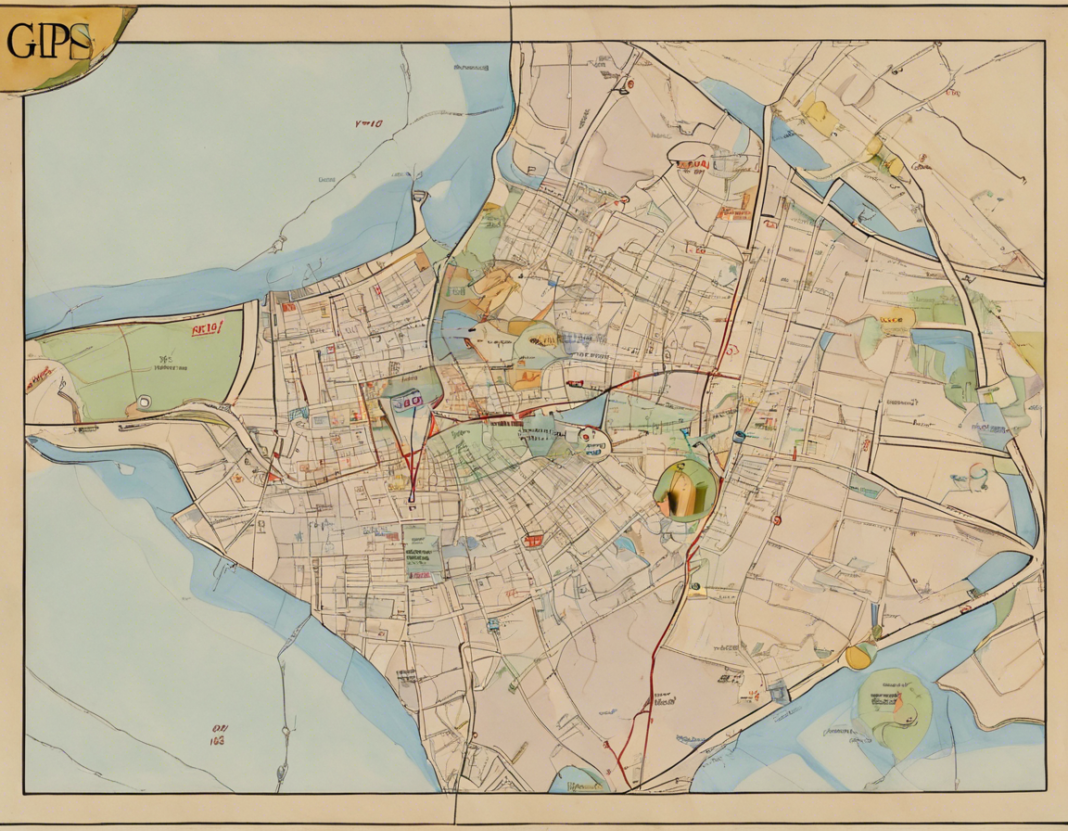The GPS acronym is ubiquitous in our daily lives, but have you ever wondered what it actually stands for? GPS actually stands for Global Positioning System. This revolutionary technology has transformed the way we navigate the world around us. In this blog post, we will delve into the intricacies of GPS, exploring its history, functionality, applications, and significance in modern society.
History of GPS
The development of GPS can be traced back to the early 1960s when the U.S. Department of Defense began exploring the concept of a satellite-based navigation system. The first satellite in the GPS constellation, Navstar 1, was launched in 1978. Over the following decades, the system was expanded and improved, eventually becoming fully operational in the early 1990s.
How GPS Works
At its core, GPS is a network of satellites orbiting the Earth. These satellites continuously transmit signals that are picked up by GPS receivers on the ground. By calculating the time it takes for the signal to travel from the satellite to the receiver, the receiver can determine its distance from the satellite. By collecting signals from multiple satellites, the receiver can triangulate its position with remarkable accuracy.
Applications of GPS
GPS technology has a wide range of applications across various industries. In the realm of navigation, GPS allows us to pinpoint our exact location on the planet and chart a course to our desired destination. In transportation, GPS is used to track vehicles, optimize routes, and improve logistics. In surveying and mapping, GPS enables precise mapping of terrain and infrastructure. Additionally, GPS is integrated into smartphones, wearable devices, and smartwatches, providing users with real-time location data and navigation assistance.
Significance of GPS
The impact of GPS on modern society cannot be overstated. From facilitating seamless travel and transportation to enhancing emergency response and disaster relief efforts, GPS has become an indispensable tool in our daily lives. Moreover, GPS plays a crucial role in precision agriculture, wildlife conservation, geocaching, and many other fields, driving innovation and efficiency across industries.
Future Developments in GPS
As technology continues to advance, the future of GPS holds exciting possibilities. The next generation of GPS satellites, known as GPS III, promises enhanced accuracy, reliability, and security. Furthermore, the integration of GPS with augmented reality and autonomous vehicles heralds a new era of location-based services and navigation solutions.
FAQs (Frequently Asked Questions)
Q: How accurate is GPS?
A: GPS is typically accurate to within a few meters, but advanced techniques such as differential GPS can achieve centimeter-level accuracy.
Q: Can GPS work indoors?
A: GPS signals can be weak or unavailable indoors, but technologies like Assisted GPS (A-GPS) and Wi-Fi positioning can help improve indoor location accuracy.
Q: Is GPS free to use for everyone?
A: Yes, GPS is a free service provided by the U.S. government for civilian and commercial use worldwide.
Q: How many satellites are there in the GPS constellation?
A: The GPS constellation consists of 31 operational satellites, with additional satellites serving as backups.
Q: Can GPS be jammed or disrupted?
A: Yes, GPS signals can be jammed or disrupted by natural phenomena or intentional interference, but measures are in place to mitigate such disruptions.
In conclusion, GPS, or Global Positioning System, is an indispensable technology that has revolutionized how we navigate and interact with the world. From its humble beginnings to its ubiquitous presence in our smartphones and vehicles, GPS continues to shape our modern lives in ways we often take for granted. With ongoing advancements and innovations, the future of GPS holds boundless potential for further enhancing our connectivity, efficiency, and safety in an increasingly location-aware world.
